Higher education can be expensive, but it doesn’t have to be. Money-savvy students eager to secure a high-quality, affordable online bachelor’s degree in psychology will know that navigating the landscape of higher education can be a financial minefield. Fortunately, Intelligent.com is here to guide you toward success without exceeding your budget.
In this all-encompassing guide, we’ll explore the most affordable online bachelor’s in psychology programs for 2024, providing valuable insights into the cost of a degree, the different types of financial aid, and expert tips on selecting the program that aligns with your academic and financial goals.
Why Trust Us
The Intelligent.com Higher Education Team is dedicated to providing students with independent, equitable school and program rankings and well-researched resources. Our expert-driven articles cover topics related to online colleges and programs, paying for school, and career outlooks. We use data from the U.S. Department of Education’s College Scorecard, the National Center for Education Statistics, and other reputable educational and professional organizations. Our academic advisory team reviews content and verifies accuracy throughout the year for the most current information. Partnerships do not influence rankings or editorial decisions.
- Analyzed over 2,000 national, accredited, and nonprofit colleges and universities
- 800+ rankings pages are reviewed and updated yearly
- Content is informed by reputable sources, surveys, and interviews with academic advisors and other experts
- Over 100 data points are reviewed for accuracy and quality throughout the year, including sources
How we rank schools
Our list features the best affordable online Psychology degree programs at top colleges nationwide. Each school featured is a nonprofit, accredited institution — either public or private — with a high standard of academic quality for post-secondary institutions.
We evaluated each school’s program on tuition costs, admission, retention and graduation rates, faculty, reputation, and the student resources provided for online students. We collected data from trusted sources like the National Center for Education Statistics, individual school and program websites, school admissions counselors, and other data sources. Then, we calculated the Intelligent Score on a scale of 0 to 100 based on the following criterion:
Academic Quality:
- Admission rate versus enrollment rate
- Retention rate of students who return after year one
- Accreditation status (regional and programmatic)
- Nonprofit status, both private and public institutions
Graduation Rate
- Overall graduation rate
- Total number of currently enrolled students, including diversity metrics
- Student-to-faculty ratio
Cost and ROI
- In-state and out-of-state per-credit tuition rates and fees
- Required credits to graduate
- Earning potential after graduation
- Availability of federal student loans, scholarships, and other financial aid options
Student Resources
- Available student services for online-only and hybrid programs
- On-campus amenities like tutoring centers and the number of libraries
Read more about our ranking methodology.
Most Affordable 49 Most Affordable Online Bachelor's in Psychology Programs
FiltersInstitution Type
Status
- Intelligent Score
- Alphabetically By University Name
- Acceptance Rate
- Enrollment
- In-state Graduate Tuition
- Out-of-state Graduate Tuition
- In-state Undergraduate Tuition
- Out-of-state Undergraduate Tuition

University of Florida
Intelligent Score: 99.86In-state: $4,477
Out-of-state: $25,694
In-state: $10,770
Out-of-state: $10,770
SAT: 1290-1460
ACT: 29-33
Resident: $111
Non-Resident: $149
Online, On-Campus
Southern Association of Colleges and Schools Commission on Colleges
120.0

University of Central Florida
Intelligent Score: 99.13In-state: $4,478
Out-of-state: $19,810
In-state: $6,916
Out-of-state: $6,916
SAT: 1160-1340
ACT: 25-30
In-State: $179
Out-of-State: $715
Online, On-Campus
Southern Association of Colleges and Schools Commission on Colleges
120.0

Indiana University East
Intelligent Score: 99.04In-state: $9,815
Out-of-state: $36,194
In-state: $9,786
Out-of-state: $9,786
SAT: 1120-1350
ACT: 24-31
In-State: $242
Out-of-State: $352
Online, On-Campus
Higher Learning Commission
120.0
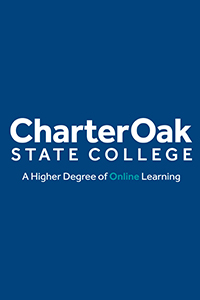
Charter Oak State College
Intelligent Score: 98.55In-state: $22,558
Out-of-state: $25,100
In-state: $17,457
Out-of-state: $17,457
SAT: Not Required
ACT: Not Required
$329
Online, On-Campus
New England Commission of Higher Education
120.0

Florida International University
Intelligent Score: 98.02In-state: $4,721
Out-of-state: $16,529
In-state: $8,912
Out-of-state: $8,912
SAT: 1110-1260
ACT: 23-29
Considered one of the top choices among online Bachelor in Psychology programs in Florida is the program at the University of Florida Online. This public university's online Bachelor in Psychology offers a science-based liberal arts focus. A self-paced program, this allows students much flexibility in the pace of their studies. The faculty in this program specialize in five areas of psychology, including developmental psychology and cognitive neuroscience. Core courses for this program are centered in psychology, mathematics, statistics, and biology. Freshman and sophomore students already enrolled in the University of Florida can transfer to the program according to the Freshman and Lower Division Admittance Requirements.
In-State: $235
Out-of-State: $648
Online, On-Campus
Southern Association of Colleges and Schools Commission on Colleges
120.0
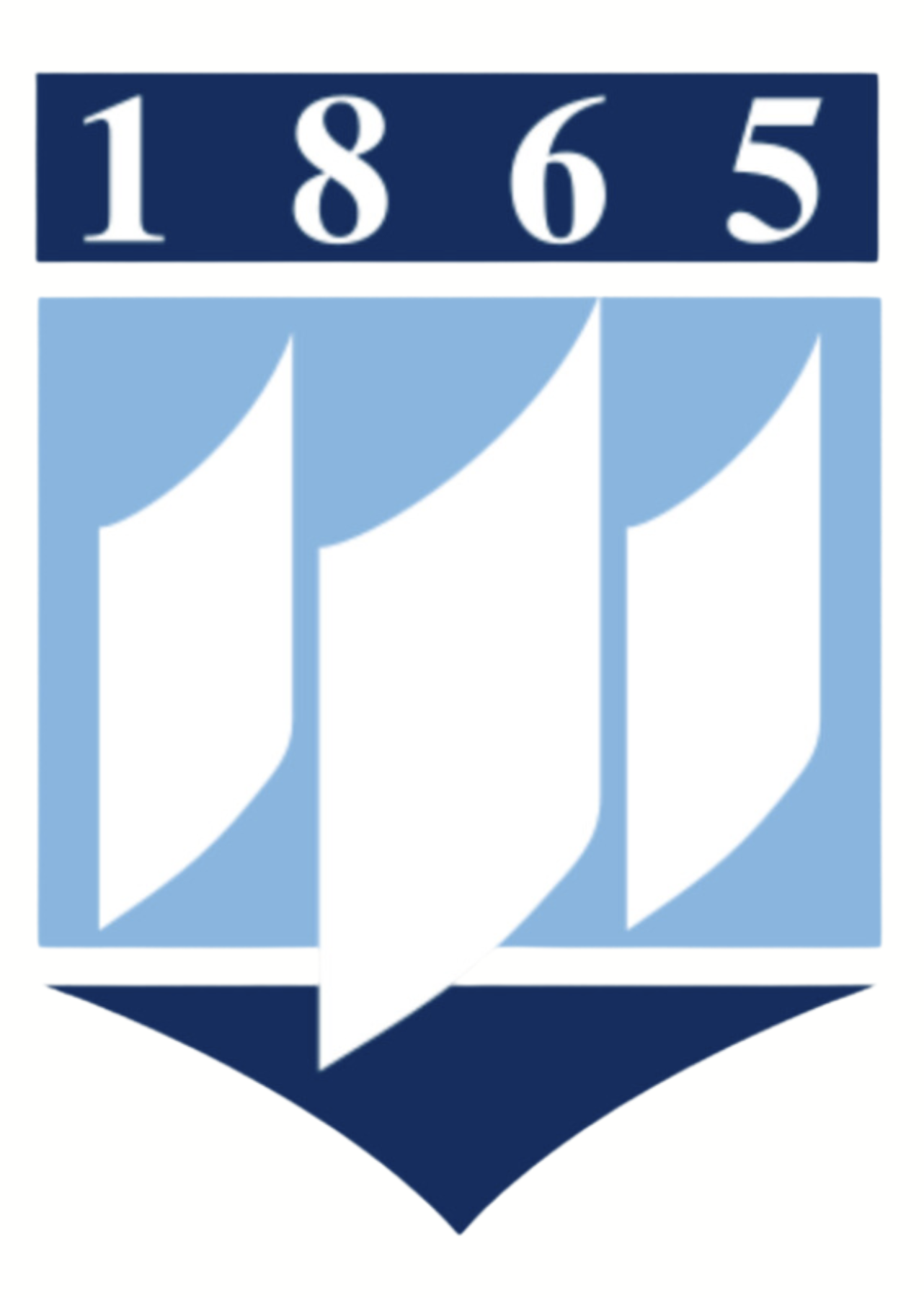
University of Maine at Presque Isle
Intelligent Score: 96.92In-state: $9,240
Out-of-state: $30,030
In-state: $8,298
Out-of-state: $8,298
SAT: N/A
ACT: N/A
Resident: $252
Non-Resident: $429
Online
New England Commission of Higher Education
120

University of Alaska Fairbanks
Intelligent Score: 95.31In-state: $27,590
Out-of-state: $44,590
In-state: $29,182
Out-of-state: $29,182
SAT: 1110-1360
ACT: 17-27
Resident: $289
Non-Resident: $855
Online, On-Campus, Hybrid
Northwest Commission on Colleges and Universities
120.0

Fayetteville State University
Intelligent Score: 95.12In-state: $2,982
Out-of-state: $14,590
In-state: $3,438
Out-of-state: $3,438
SAT: 840-1000
ACT: 16-20
Resident: $41
Non-Resident: $104 - $208
Online, On-Campus
Southern Association of Colleges and Schools Commission on Colleges
120.0
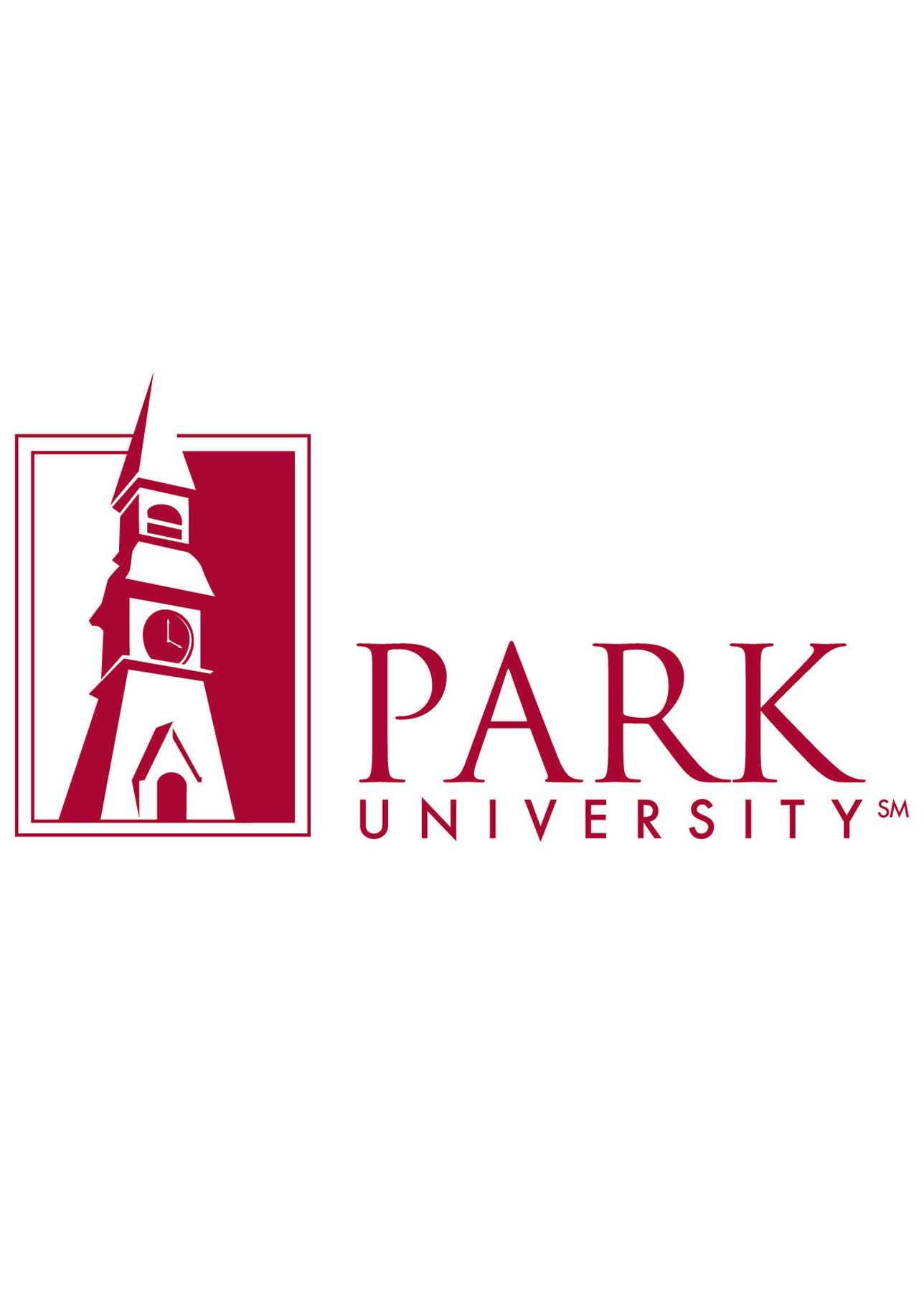
Park University
Intelligent Score: 94.78In-state: $8,251
Out-of-state: $8,251
In-state: $6,224
Out-of-state: $6,224
SAT: N/A
ACT: N/A
$550
Online, On-Campus
Higher Learning Commission
120.0

Colorado State University
Intelligent Score: 93.52In-state: $9,426
Out-of-state: $28,147
In-state: $10,520
Out-of-state: $10,520
SAT: 1070-1280
ACT: 23-29
$476
Online, On-Campus
Higher Learning Commission
120.0
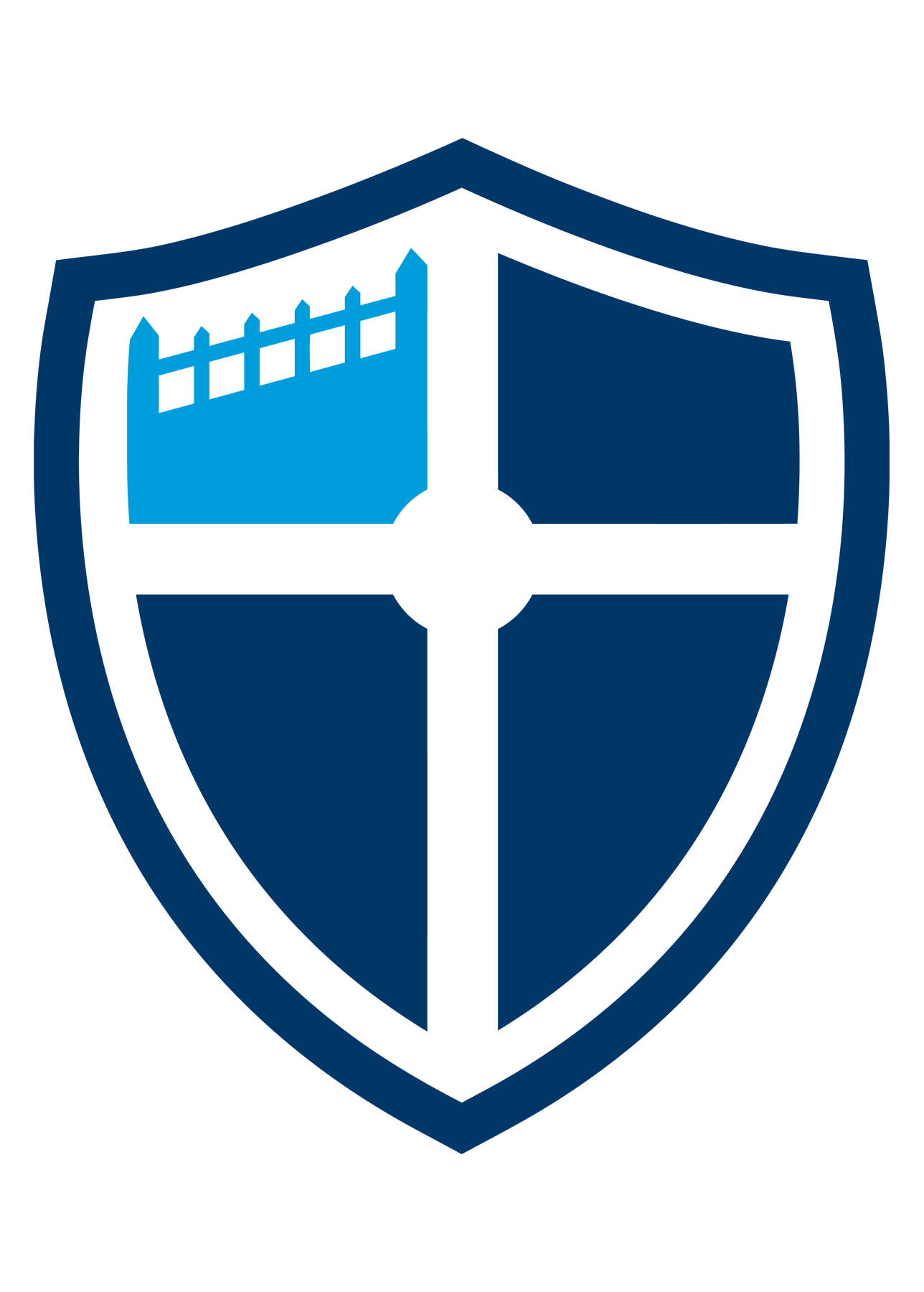
John Brown University
Intelligent Score: 92.92In-state: $27,048
Out-of-state: $27,048
In-state: $13,920
Out-of-state: $13,920
SAT: 1090-1310
ACT: 22-29
$325
Online, On-Campus
Higher Learning Commission
120.0
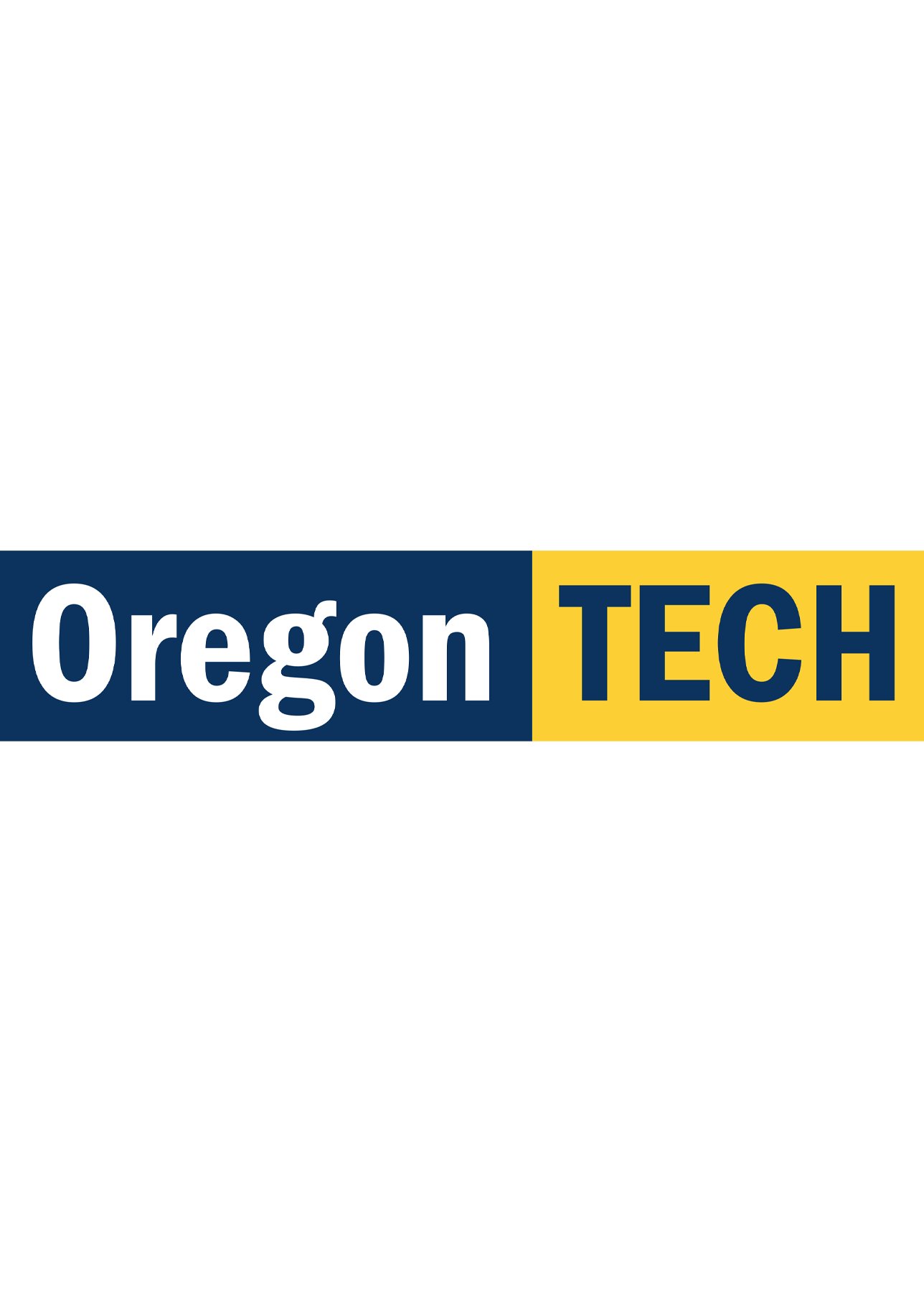
Oregon Institute of Technology
Intelligent Score: 92.04In-state: $9,212
Out-of-state: $29,322
In-state: $12,713
Out-of-state: $12,713
SAT: 990-1200
ACT: 20-27
$308
Online, On-Campus
Northwest Commission on Colleges and Universities
120.0
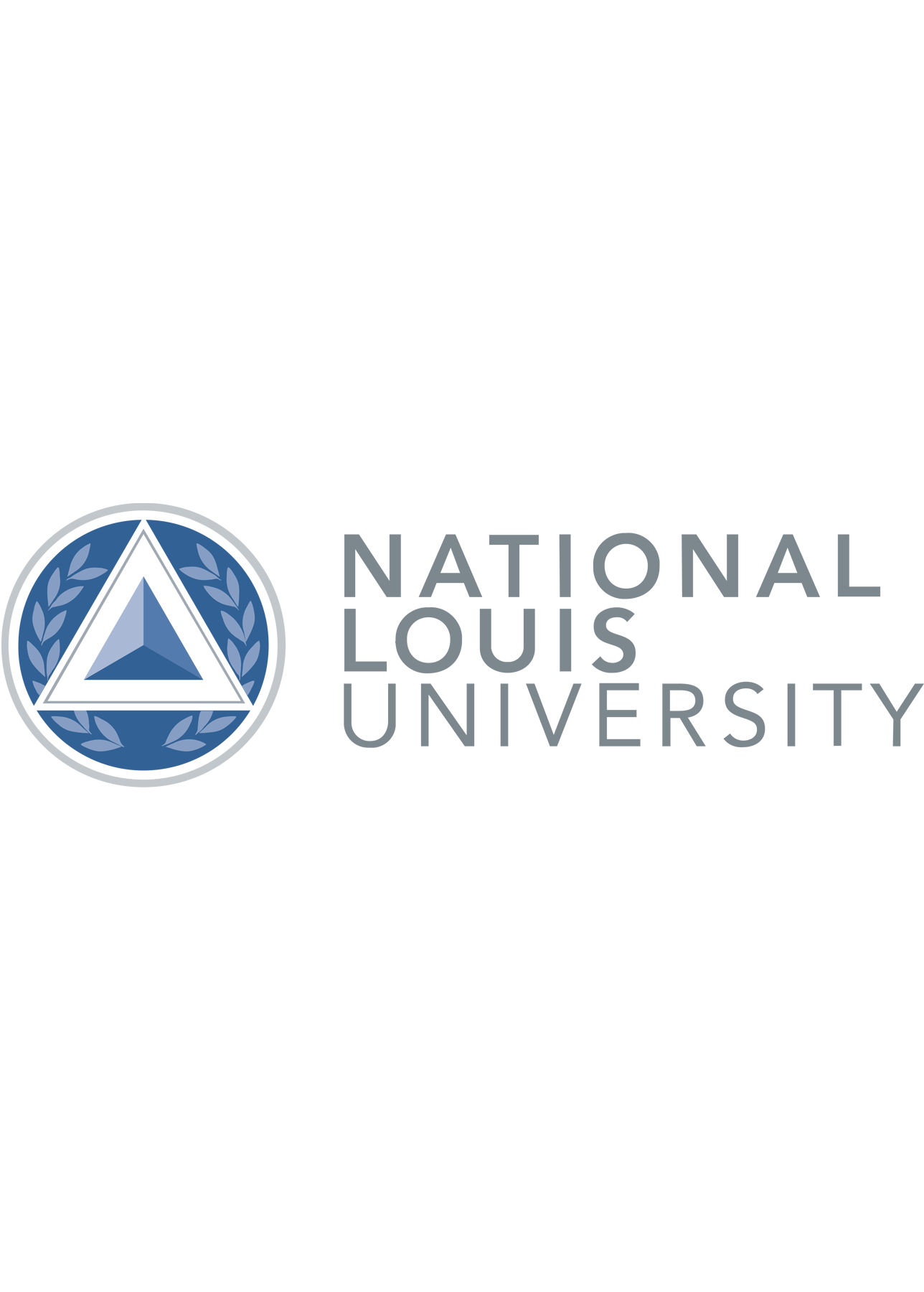
National Louis University
Intelligent Score: 91.81In-state: $13,419
Out-of-state: $13,419
In-state: $11,646
Out-of-state: $11,646
SAT: N/A
ACT: N/A
$430
Online, On-Campus
Higher Learning Commission
120.0
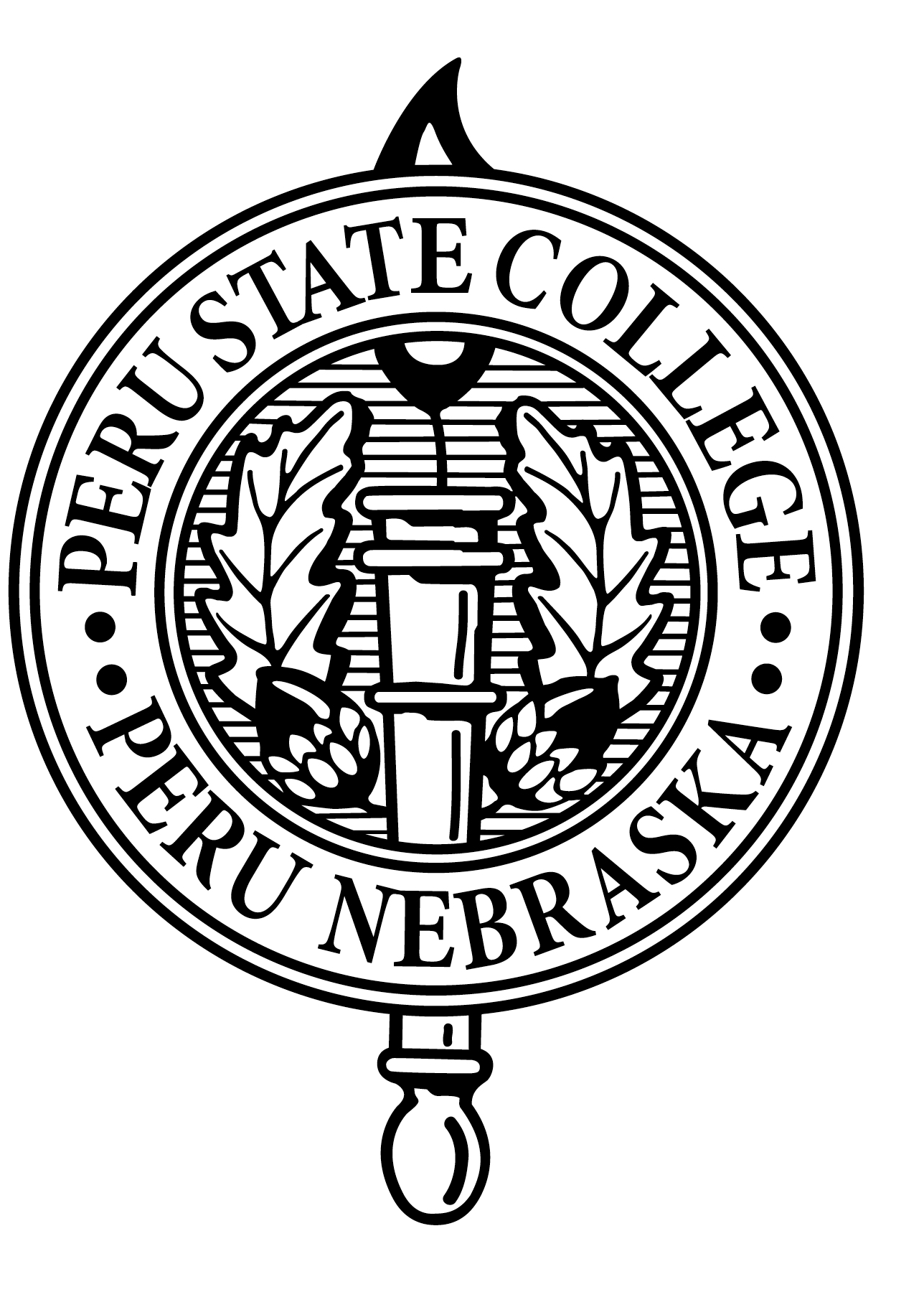
Peru State College
Intelligent Score: 91.49In-state: $5,580
Out-of-state: $5,580
In-state: $9,120
Out-of-state: $9,120
SAT: N/A
ACT: N/A
$309
Online, On-Campus
Higher Learning Commission
120.0
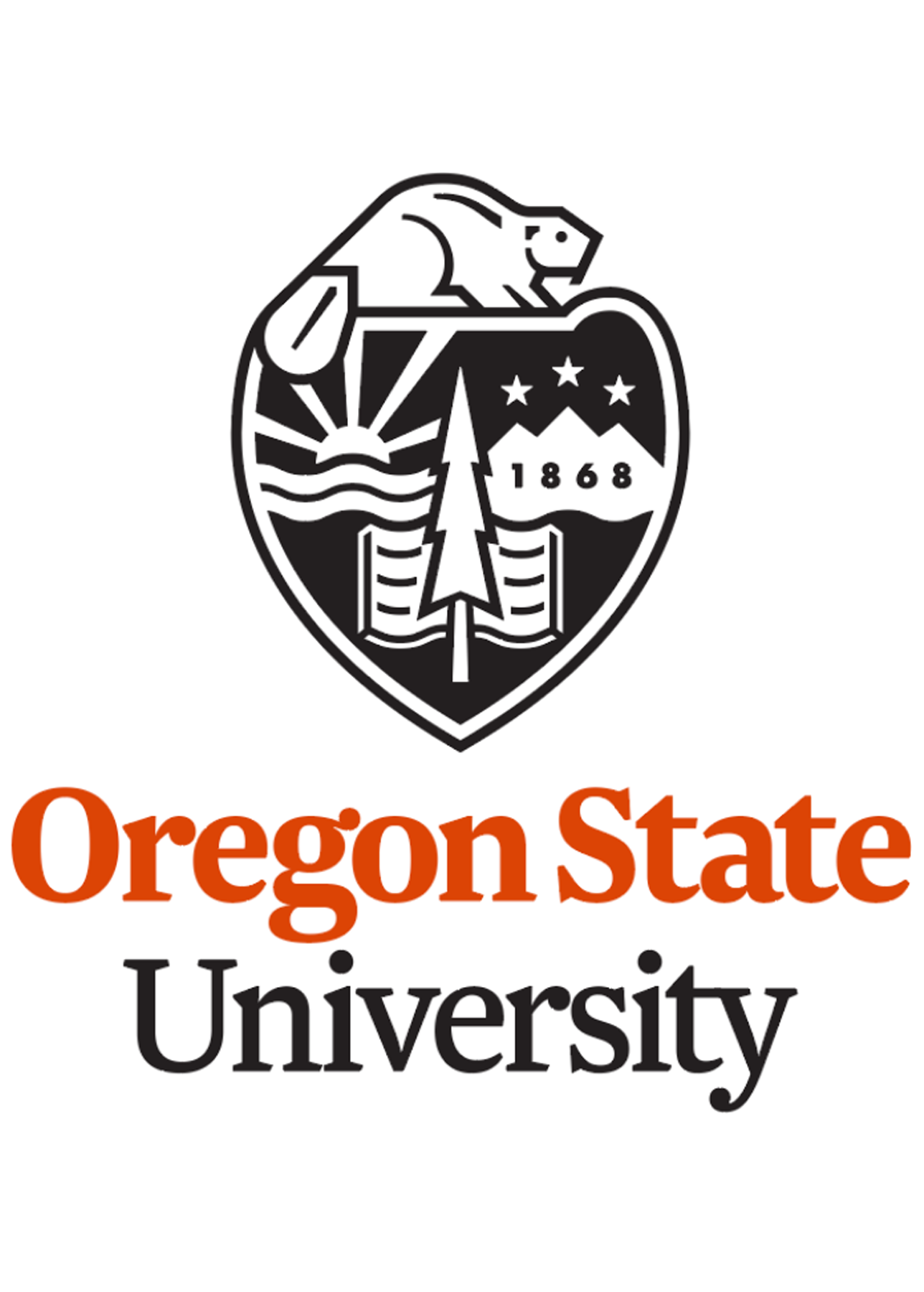
Oregon State University
Intelligent Score: 91.11In-state: $9,846
Out-of-state: $29,445
In-state: $13,257
Out-of-state: $13,257
SAT: 1080-1310
ACT: 21-29
$350
Online, On-Campus
Northwest Commission on Colleges and Universities
120.0

Middle Tennessee State University
Intelligent Score: 90.49In-state: $7,200
Out-of-state: $25,872
In-state: $8,946
Out-of-state: $8,946
SAT: 990-1200
ACT: 20-26
$471
Online, On-Campus
Southern Association of Colleges and Schools Commission on Colleges
120.0
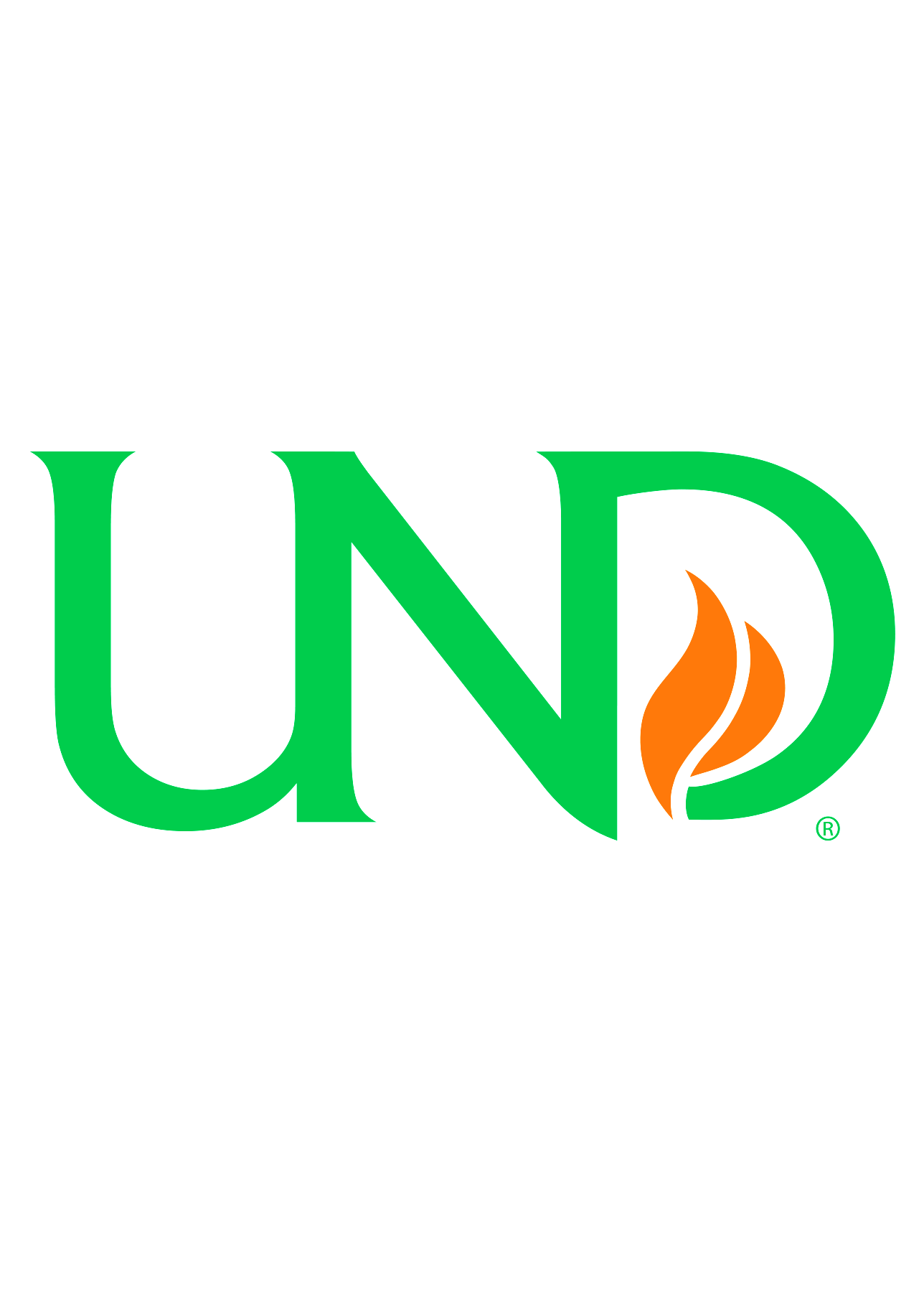
University of North Dakota
Intelligent Score: 89.85In-state: $8,540
Out-of-state: $12,810
In-state: $11,060
Out-of-state: $11,060
SAT: 1000-1230
ACT: 20-27
Resident: $384 - $431
Non-Resident: $577 - $769
Online, On-Campus
Higher Learning Commission
120.0
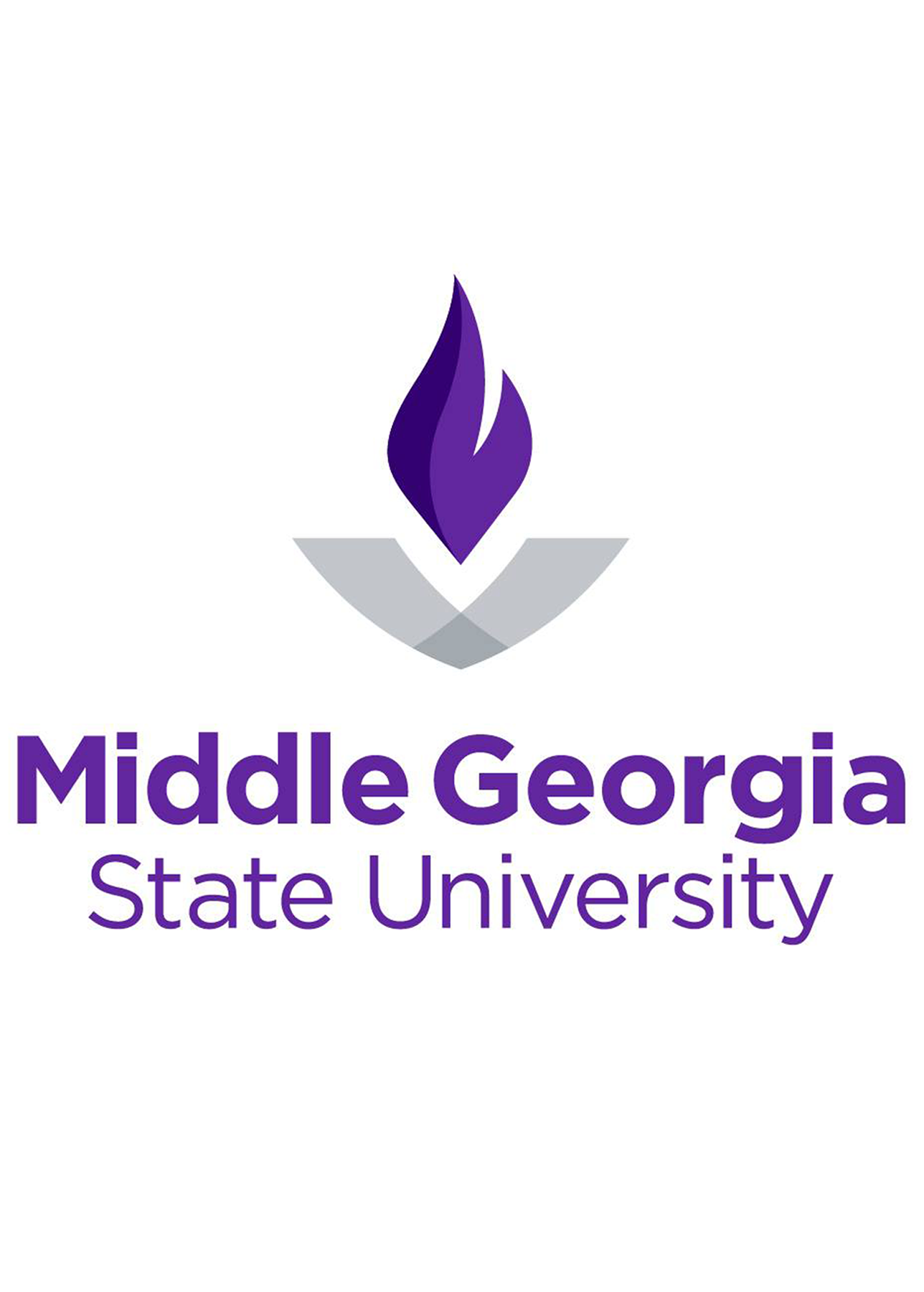
Middle Georgia State University
Intelligent Score: 89.13In-state: $2,728
Out-of-state: $10,075
In-state: $3,582
Out-of-state: $3,582
SAT: N/A
ACT: N/A
$150
Online
Southern Association of Colleges and Schools Commission on Colleges
120.0
Cost Breakdown for an Online Bachelor’s in Psychology Program
Online degrees offer flexibility and convenience; some may even provide additional cost savings compared to their in-person counterparts. However, it’s essential to understand the associated costs, including:
- Tuition: Online programs can charge tuition per credit hour or term. Costs will vary widely depending on the institution and degree level.
- Fees: Institutions often assess fees for tech support, academic resources, libraries, and more. These fees can add up over time, significantly influencing the overall cost.
- Personal Technology: Online students must provide their own computer and high-speed Wi-Fi, which can be a considerable upfront investment.
- Books and Materials: Digital textbooks and learning materials may incur costs, although they are often cheaper than physical versions.
Despite these fees, online learners save money by avoiding a daily commute and being spared from costs related to on-campus amenities.
Factors Influencing the Cost of an Online Bachelor’s in Psychology Program
The ultimate cost of earning your degree online will vary depending on the program you attend, and multiple factors can influence tuition costs — including the following:
- Public vs. private institution: Public universities often offer lower tuition rates for in-state students than out-of-state students, while private schools generally have a consistent tuition rate for all students, regardless of residency.
- Nonprofit vs. For-Profit: Nonprofit universities often prioritize education over profit and may offer competitive tuition rates, whereas for-profit institutions tend to have higher tuition costs due to a profit-driven strategy.
- Student Residency Status: In-state students benefit from reduced tuition rates at public universities, making education more affordable. Out-of-state students may face higher tuition costs when attending public institutions.
- Student Military Status: Active-duty personnel, veterans, and their dependents may qualify for military tuition discounts, reducing the overall cost of the program. Some schools may offer additional military-friendly initiatives and financial aid options.
Considering these factors, it’s essential to carefully assess your residency status and military affiliation to determine the most cost-effective path to earning your degree, whether through public or private, nonprofit or for-profit institutions.
How to Pay for an Online Bachelor’s in Psychology Degree
Out-of-pocket
For some students and their families, paying out-of-pocket may be possible and even more beneficial to other financial aid options because it provides a payment method without incurring interest rates from loans. While some may be able to use their savings to cover tuition, others may enroll in tuition payment plans offered by their university. These plans break down the annual tuition into manageable monthly installments, reducing the upfront financial burden.
Federal student loans
Federal student loans are also a good option for students looking to finance their degrees. They are generally preferable to private loans due to lower interest rates and flexible repayment terms. You can access federal loans by completing the Free Application for Federal Student Aid (FAFSA), which determines student eligibility.
You may encounter both subsidized and unsubsidized loans after submitting your FAFSA. Subsidized loans are need-based, with the government covering interest while you’re in school. On the other hand, unsubsidized loans are available to all students regardless of need but will accrue interest during enrollment — making them more costly over time.
Private education loans
As an undergraduate student, the option to take out a private education loan is always available, but it’s typically a last resort. Private loans often come with higher interest rates and less flexible repayment terms than federal ones. Students who cannot secure federal aid or have exhausted other options can turn to private loans if they qualify. However, it’s crucial to understand the long-term financial implications and practice responsible borrowing.
Scholarships
When financing your degree, scholarships are a highly preferable form of financial aid because they don’t require repayment. Scholarships are available for students who fulfill various criteria, including academic achievements, community involvement, and even specific interests within psychology.
Recognizing that these opportunities are competitive is essential, so starting the application process early and conducting thorough research on available options is essential. Explore local, national, and institutional scholarships to maximize your chances of securing funds to offset the cost of your education.
Grants
Grants are another preferable form of financial aid because, just like scholarships, they don’t require repayment. However, grants typically focus on financial need rather than merit, and eligibility is often determined through the Free Application for Federal Student Aid (FAFSA). Determining eligibility based on need helps to ensure that students with limited resources can access higher education without the burden of repayment.
Federal and state governments and institutions offer grants to assist students in covering tuition and related costs.
Work-study
Work-study initiatives, often facilitated by universities, provide on-campus or community-based part-time employment opportunities. Students can earn income to cover tuition and living expenses while gaining valuable work experience related to their field of study.
Federal work-study is a standard option, allowing eligible students to secure jobs aligned with their academic goals. These programs provide financial support and serve as a resume booster, helping students network within the field of psychology and making them a practical means of financing their degree.
Employer tuition assistance
Many employers offer tuition assistance as a benefit to employees seeking to advance their education. It involves the employer covering part or all of the tuition costs in exchange for a commitment to remain with the company for a specified period. This option not only reduces the financial burden but also supports career development.
If you’re currently employed, explore your employer’s policies and requirements for tuition assistance to ensure alignment with your educational and professional goals. Leveraging employer support can be a valuable strategy to find your degree while maintaining job security.
Applying for Financial Aid
You must first submit the Free Application for Federal Student Aid (FAFSA) to apply for financial aid. The FAFSA determines your eligibility for federal grants, loans, work-study programs, and state and institutional aid.
Gather necessary documents like tax information, Social Security numbers, and bank statements. You can easily complete the FAFSA online, providing accurate financial details and selecting the schools to which you want to send the information.
Learn more about the FAFSA
For most college students, submitting the FAFSA is crucial in securing financial support for their educational pursuits — but it can be daunting. To help guide students through this process, Intelligent.com’s Ultimate FAFSA Guide provides comprehensive insights on navigating the application, understanding eligibility criteria, and how to answer questions on immigration status and family structure. Using this guide, you can confidently access federal grants, loans, and work-study programs to support your education without unnecessary financial stress.
Student loan forgiveness and repayment
At the federal level, student loan forgiveness regularly appears and disappears from the legislative agenda. Therefore, it’s crucial to consider repayment if you plan to take out student loans. Many students benefit from beginning this process early, even while they’re still in school. “You can pay off your student loans while you’re still in college,” says college counselor Dana Marvin. “Let’s say you make a few extra hundred dollars during a summer job, or your parents get a big job bonus. You can use that money to start paying off your loans while still in school.” Since interest rates can accumulate, paying off any amount of your loans early can make a considerable difference to your loan balance after graduation.
Some federal loan forgiveness programs exist for graduates who meet specific criteria. For example, Teacher Loan Forgiveness is available for full-time teachers working at a low-income school or educational service agency for five consecutive years. In addition, Public Service Loan Forgiveness is available for those who have made 120 qualifying monthly payments while working full-time at a qualifying public service organization — typically a government or nonprofit entity.
How to Choose the Online College or University that’s Right for You
Step 1: Clarify what you want
Choosing the right program and specialty for your bachelor’s in psychology is a personal journey, so carefully considering your current circumstances and long-term goals is essential. For example, individuals with a full-time job may prefer to enroll in a part-time, asynchronous program for ultimate flexibility. Alternatively, students with more time to focus on their studies may be able to enroll full-time to complete their degrees quickly.
You’ll also want to consider your future career goals, as tailoring your education to a particular specialty can help align your education with your professional pursuits. To illustrate, a concentration in clinical psychology is ideal for students interested in working directly with clients diagnosing and treating mental health disorders. In contrast, forensic psychology may be better for those interested in applying psychological principles to criminal investigations. Students interested in working in educational settings may enjoy a concentration in school or educational psychology, while those intrigued by human development across the lifespan may prefer developmental psychology.
Step 2: Research schools and programs
Once you have your intended specialty and ideal learning format, you can effectively research the schools and programs that best suit your educational needs.
Start by verifying institutional and programmatic accreditation, ensuring a high-quality learning experience that future employers will recognize. Social media platforms like LinkedIn and Reddit can help you research current and former student experiences, as they will lend valuable first-hand perspectives. Ask questions like:
- Is the school’s online learning platform accessible and engaging?
- What is the program’s student-to-faculty ratio?
- Which specializations are available, and will this coursework help me meet my professional goals?
Many online universities make this information readily accessible on their website, but you can also search for it on student review sites and accreditation websites. Feel free to contact admissions counselors to get answers to specific questions or to clarify any doubts.
Step 3: Prepare for applications and tests
Start by reviewing each school’s specific online application requirements and deadlines. While many undergraduate institutions share standard requirements, some may have unique criteria for standardized test scores and personal essays, which will make the application process slightly different for each school.
Consider enrolling in a test prep program to maximize your ACT and SAT scores, especially if schools have standardized test requirements.
Remember that online degrees often have flexible admission and enrollment terms, emphasizing motivation and readiness for virtual education. Thoroughly preparing for applications and tests can significantly improve your chances of admission to your desired program.
Step 4: Select your program
After receiving offers of admission, it’s essential to focus on how well each program aligns with your career goals. Double-check that the program offers your intended specialty — if not, review the curriculum to ensure that it has ample coursework to support your interests.
You should also explore available financial aid options — including institutional scholarships and grants to alleviate expenses. Pay attention to factors like faculty experience, internship opportunities, and networking potential within the program, as these factors can significantly influence your educational experience while ultimately making you more competitive in the job market.
Ultimately, prioritize a program that fits your academic aspirations and offers a financially viable path to success.
Step 5: Determine how you’ll pay for your degree
Financing your degree can feel intimidating, but there are many resources to help alleviate the debt burden. Start by researching scholarships and grants to see what you qualify for, and apply for these opportunities. While these options can be competitive, they don’t require repayment and can significantly offset tuition expenses. Additionally, explore work-study programs affiliated with your school to earn income while enrolled.
While federal loans provide essential support, avoiding heavy reliance and borrowing responsibly is crucial. Consider a part-time job, careful budgeting, and minimizing unnecessary expenses to manage costs effectively. Striking the right balance between financial aid, earnings, and responsible borrowing is crucial to a sound, sustainable financial strategy for pursuing higher education.
Online College/Degree Scholarship Database
Intelligent Scholarship Finder Tool
"A Helping Hand" Scholarship
Award Amount: $500
Due Date: January 31, 2025
"Follow Your Own Path" Essay Scholarship
Award Amount: $500
Due Date: January 31, 2025
"Tuition Solution" Scholarship for STEM Students
Award Amount: $500
Due Date: January 31, 2025
$25k "Be Bold" No-Essay Scholarship
Award Amount: $25,000
Due Date: Closed for 2024
(ISC) Graduate Cybersecurity Scholarship
Award Amount: $5,000
Due Date: Closed for 2024
(ISC) Women in Information Security Scholarship
Award Amount: $5,000
Due Date: Closed for 2024
A.C. "Kate" & Leo Joseph Merlone St. Dominic Catholic Church of Saginaw Member Scholarship
Award Amount: Varies
Due Date: Closed for 2024
A.C. "Kate" & Leo Joseph Merlone Teaching Scholarship
Award Amount: Varies
Due Date: Closed for 2024
a/e ProNet David W. Lakamp Scholarship
Award Amount: $5,000
Due Date: Closed for 2024
AAAE Native American Scholarship
Award Amount: $1,500
Due Date: March 15, 2025


